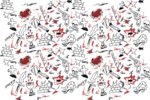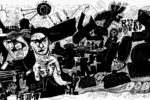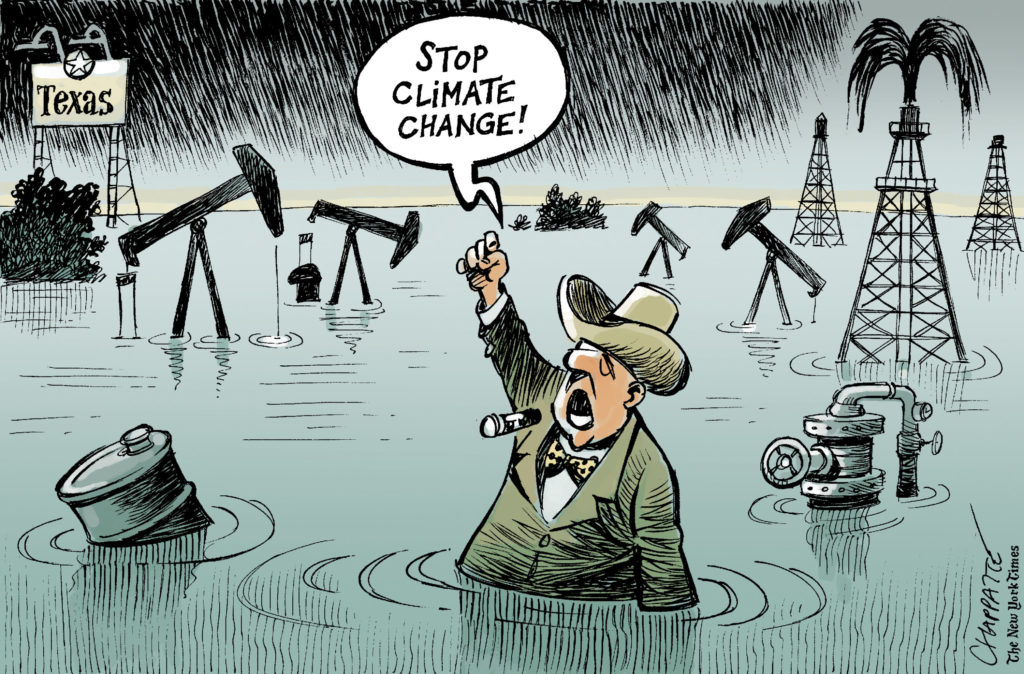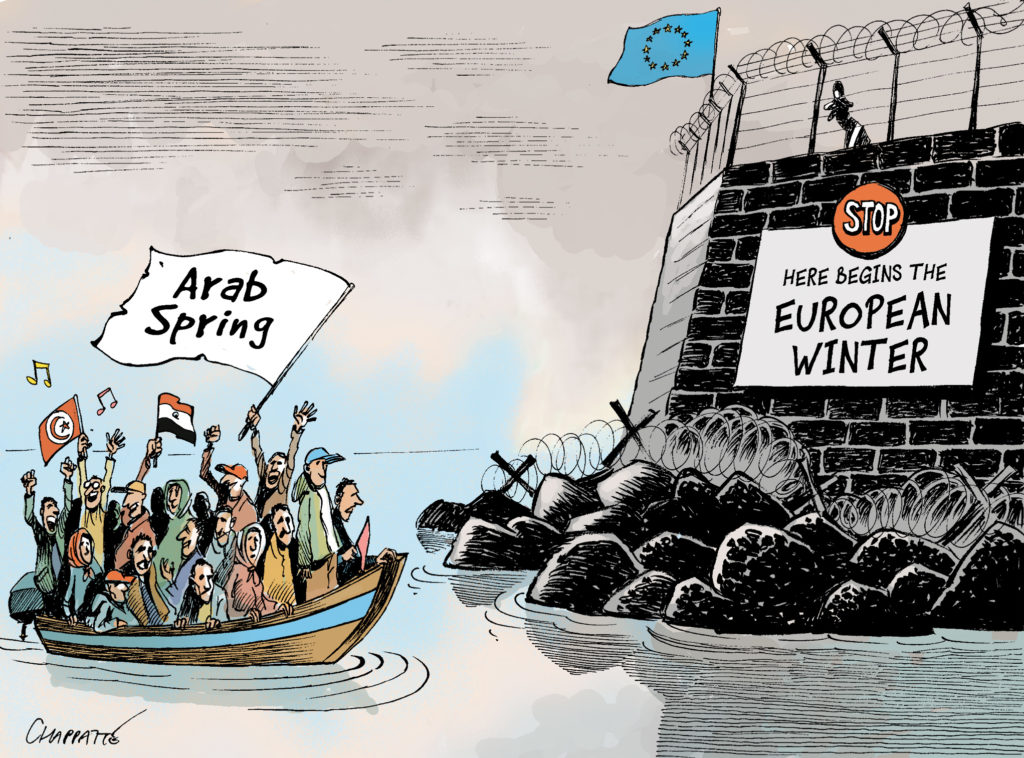In 2024, nearly half the world’s population, including citizens of the eight most populous nations, voted or will vote in elections. While this signals democratic engagement, many elections are run by autocratic or illiberal regimes pursuing self-serving agendas. Paradoxically thus, as elections are generalising as a practice, democracy is met with growing defiance. On closer scrutiny, however, it appears that it is not only the indicators of democracy but also those of elections that have been declining over the past decade. This dossier, produced with the Albert Hirschman Centre for Democracy, examines the essential role of elections in the construction of democracy today.
© Chappatte, The New York Times www.chappatte.com
The Dossier aims to explore new trends and expressions of violence in armed conflict in the 21st century. Taking as a starting point the changing paradigm of armed conflict – from conventional wars with clear contours towards more non-linear, fragmented and protracted types of civil and international conflict — it adopts a broad approach to portray changing forms of violence across different types of armed conflicts (including terrorism, international/civil wars or urban warfare). In the context of a fragmenting international order, with increasingly blurred lines between state and non-state, combatant and civilian, domestic and international, the number of actors involved in conflicts and concurrent strategies of violence have multiplied. In face of the ubiquity of violent conflict — despite an overall decline in interstate conflict and global number of casualties — the Dossier aims to shed light on new or changing forms of violence, their contexts, actors and victims. It explores the novelty, heterogeneity, scales and vectors of violent practices in contemporary conflicts by investigating the impact of a series of factors such as new military technologies (drones, robots), new communication tools (social media), gender, migration, or the subcontracting of security to private actors.
Conflict and Violence in the 21st Century
-
I

Homo Conflictus: The Protean Nature of Armed Violence in a Fragmenting World
Reading time: 5 min -
1

On (Political) Violence
Reading time: 4 min -
2

What Is Really New about the New Wars?
Reading time: 3 min -
3

The Privatisation of War
Reading time: 4 min -
4

Welcome to the World of Killer Robots
Reading time: 5 min -
5

Sexual Violence: A New Weapon of War?
Reading time: 4 min -
6

The Morphology of Urban Conflict
Reading time: 6 min -
7
![Émile Friant's drawing of Marie Marvingt and her proposed air ambulance. Émile Friant [Public domain], via Wikimedia Commons](https://globalchallenges.ch/wp-content/uploads/2019/03/Marie_Marvingt_by_Emile_Friant_1914-150x100.jpg)
Humanitarians as Targets of Violence?
Reading time: 4 min -
8

The Fog of Crime: Gang Transformation and the Unpredictability of Violence in Central America
Reading time: 4 min -
O

Reflections on the Future of Violent Conflict
Reading time: 4 min














